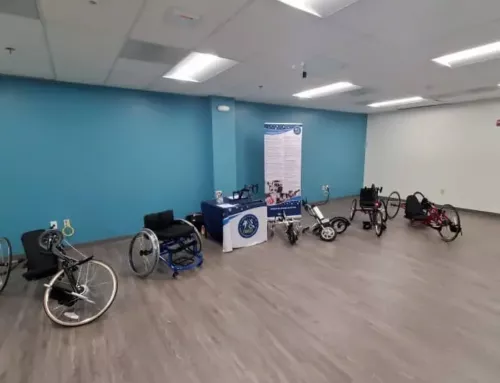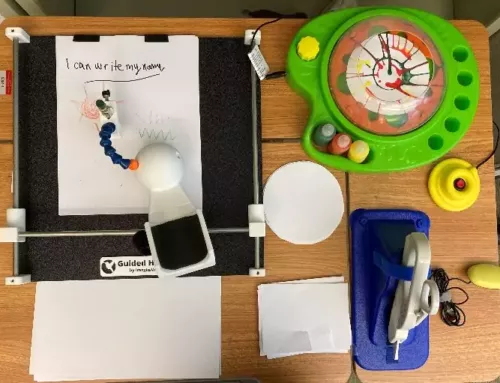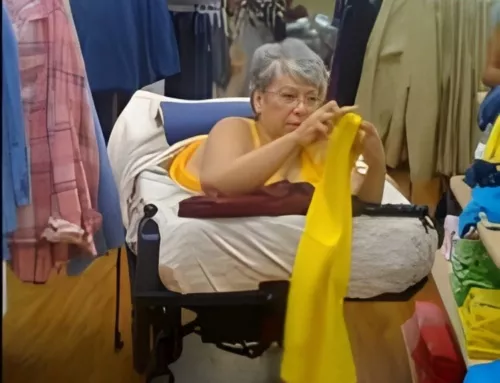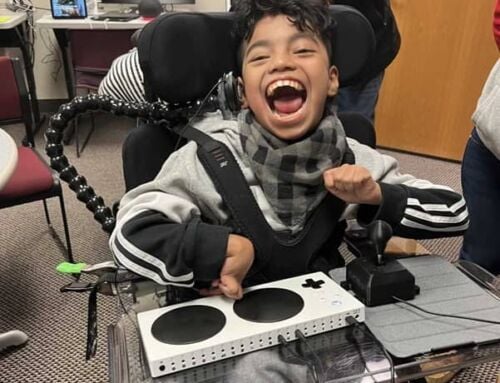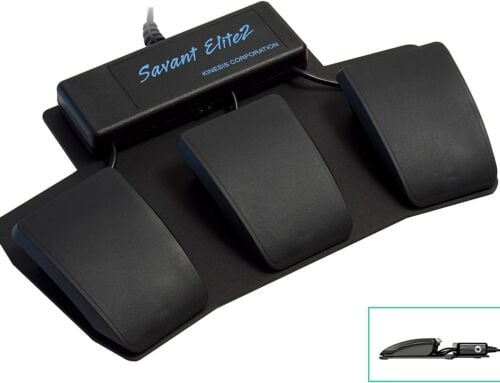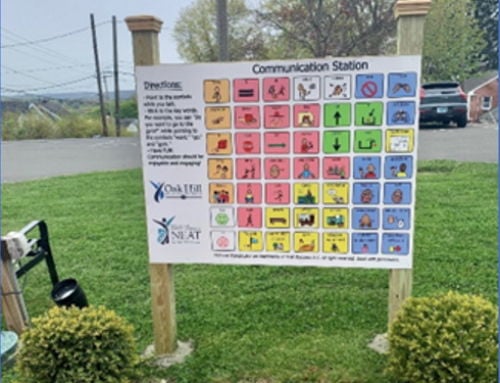Staying Socially Connected Through Assistive Technology (AT)
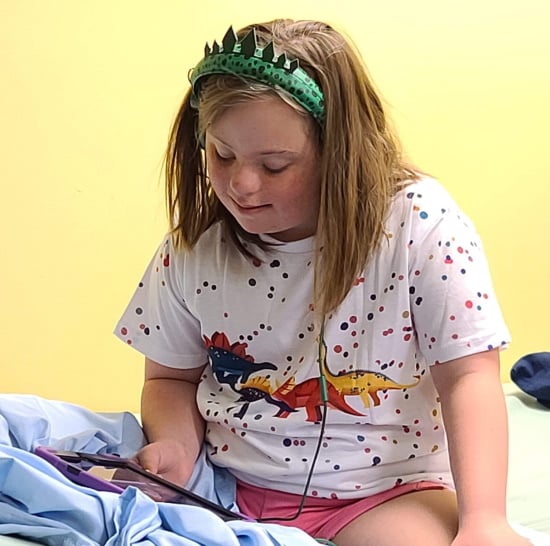
In honor of Developmental Disability Awareness month, here is a story by Eileen Dallabrida highlighting the difference technology can make during the pandemic to help keep spirits high. Thank you, DATI, the Delaware AT Act Program, for the permission to re-post. (The story was first published by the Center for Disability Studies at the University of Delaware which also houses DATI.)

No matter where she is, Anna Sabo stays connected to family and friends, chatting with her cousin via FaceTime during a road trip to Wyoming, singing along with musicals, and attending dance classes via Zoom.
Anna, 11, obtained the technology she needs to keep in touch through CSI Delaware (Combating Social Isolation and Promoting Community Engagement through Assistive Technology), a new program from UD’s Center for Disabilities Studies (CDS) that matches individuals with intellectual and developmental disabilities with devices that help keep them linked to family, friends, and activities. The devices, including software and apps, are provided at no cost to the individuals and are theirs to keep.
“During the pandemic, many people with intellectual and developmental disabilities feel even more isolated. Many in community residences couldn’t even visit with their families. We knew that technology could help them stay connected with others,” says CDS [and DATI] Director Beth Mineo.
Anna, a sixth-grader, was diagnosed at birth with Down Syndrome. Her new iPad offers the latest technology, an array of apps, and has a case with a handle, so she can carry it while she is dancing to “Annie,” her favorite musical.
Each device that CSI Delaware provides is personalized to meet the needs of the individual who uses it, says Allison Berdoulay, the project coordinator. One young man received and now uses the TouchChat app, which allows him to communicate by clicking on images associated with words selected just for him. To help him hear the words he is selecting, his iPad is outfitted with amplified speakers
The program also has provided such devices as a laptop with a printer, and a Samsung Galaxy tablet that syncs with the client’s existing Android phone. Others have received the app InnerVoice, which helps children with autism communicate through a personalized avatar with life-like mouth movements as it generates speech.
CSI is funded in part by the Delaware Developmental Disabilities Council and includes evaluation to ensure that the technology is well-matched to the individual’s needs and training, if needed, in person or remotely. The goal is to make communication accessible. Obtaining the device is simple, too.
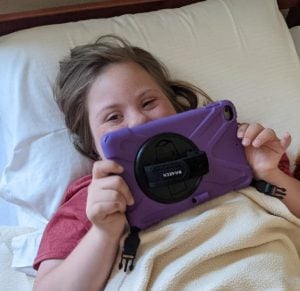
“It was super easy, filling out a form and responding to a couple of emails. The hardest part was picking out a color,” says Anna’s mom, Ashley Sabo.
Anna picked purple.
CSI Delaware applicants must meet financial guidelines. To learn more, contact Allison Berdoulay at (302) 831-3632 or aberd@udel.edu.
Monthly Blog Digest
Search the blog
State AT Program Blogs
California
Florida
Indiana
Kentucky
Louisiana
Maryland
Massachusetts
Michigan
Montana
North Carolina
North Dakota
Utah
State AT Program Blogs
The AT3 Center, the Association of AT Act Programs (ATAP), and the Administration on Community Living (ACL) make no endorsement, representation, or warranty expressed or implied for any product, device, or information set forth in this blog. The AT3 Center, ATAP, and ACL have not examined, reviewed, or tested any product or device hereto referred.



